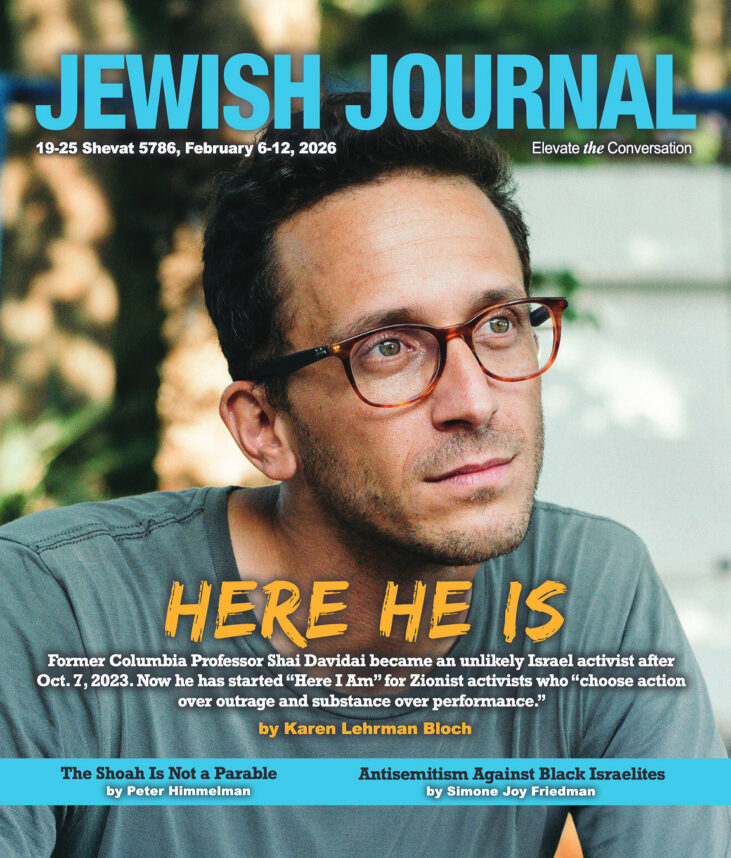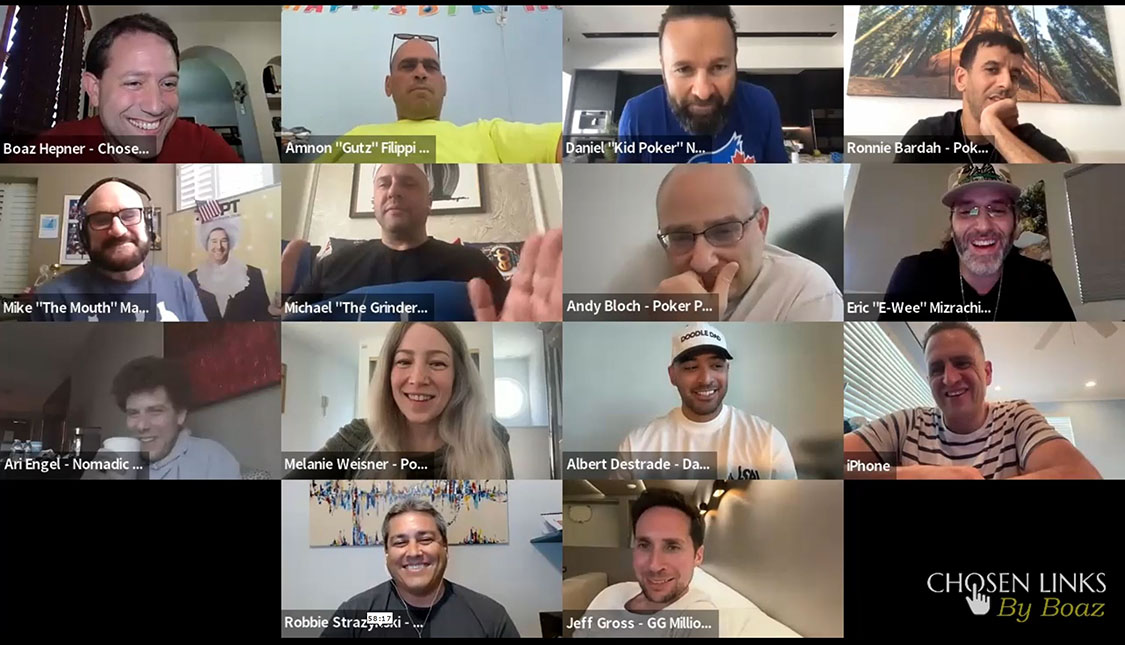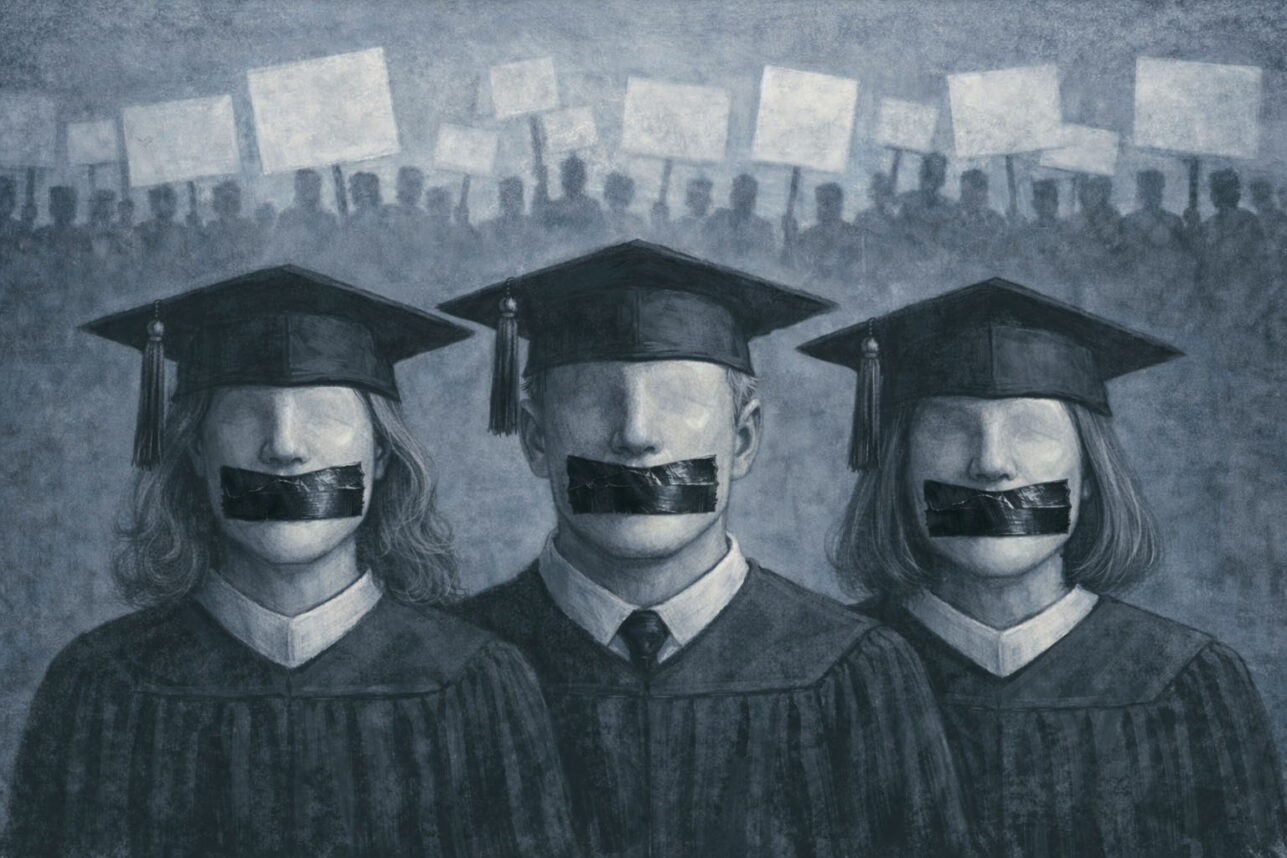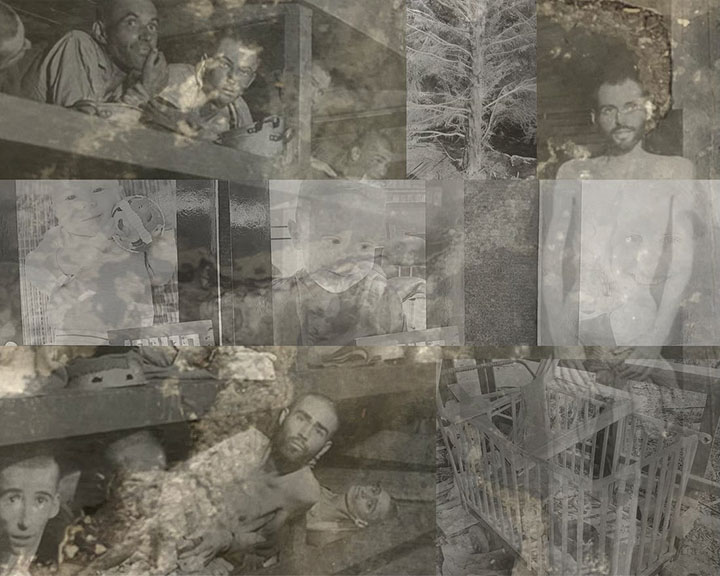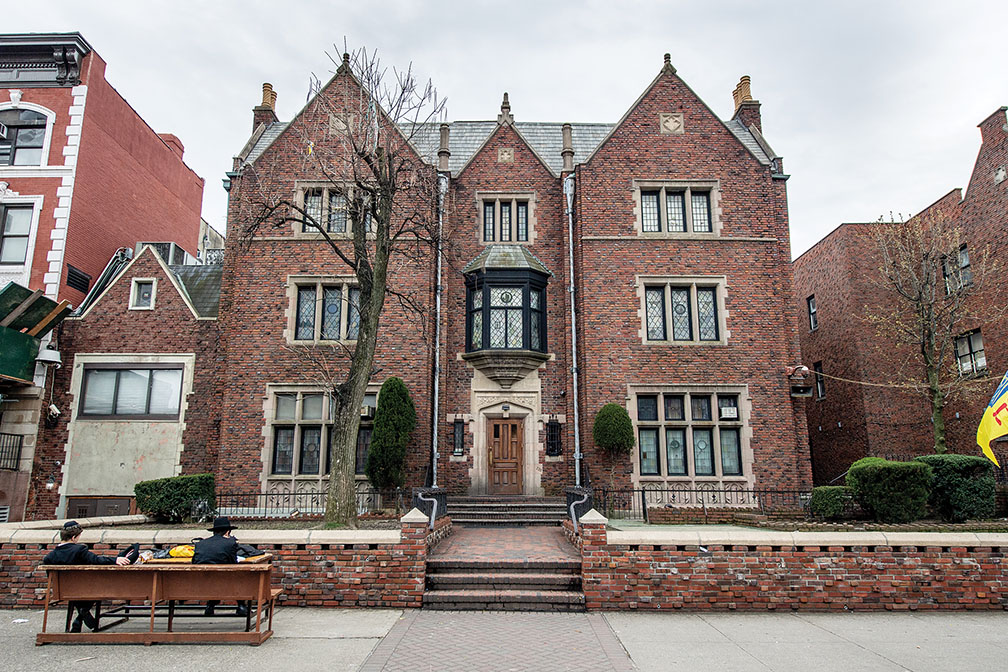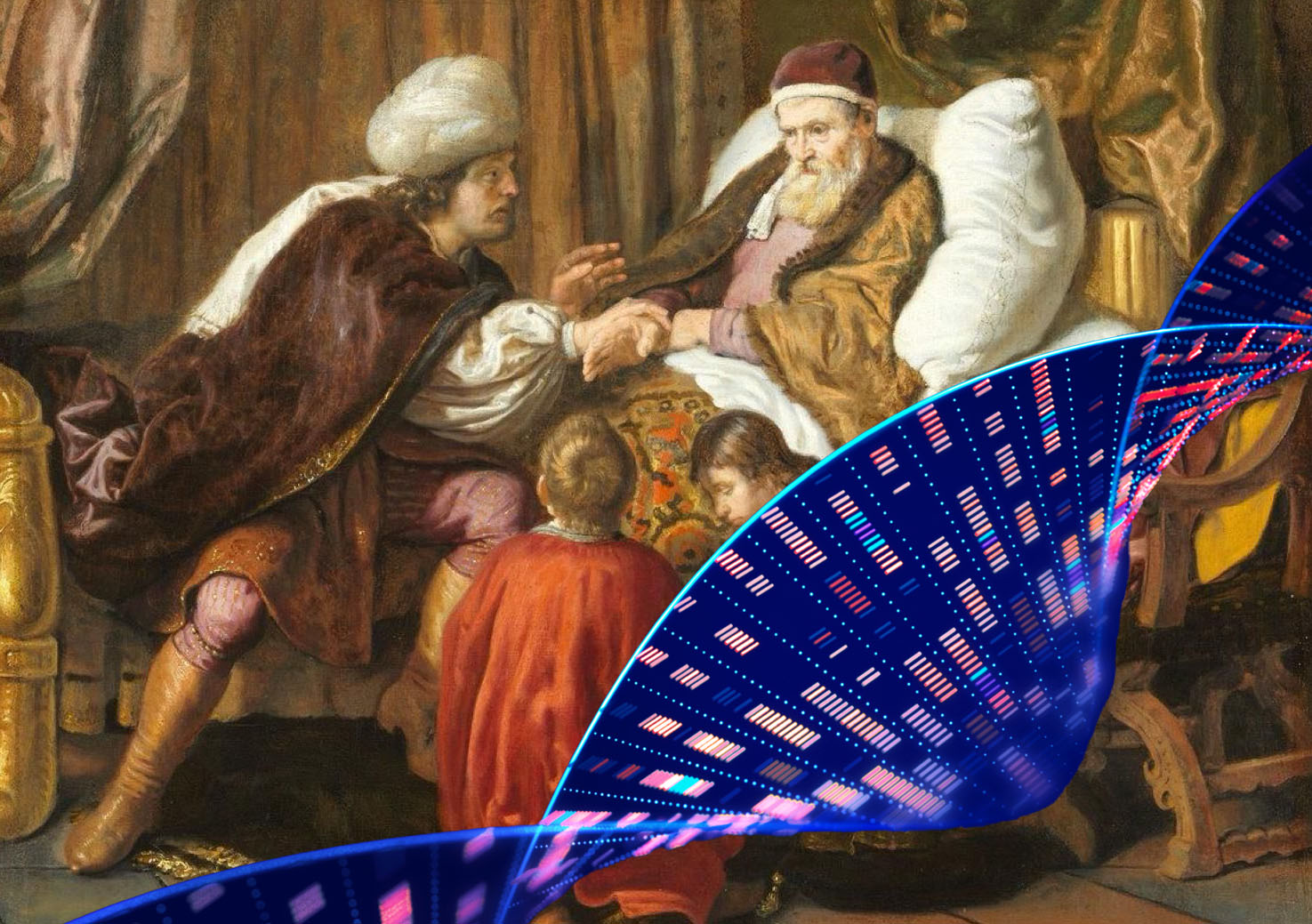
Pay a visit to old age
when you climb the highest mountain
in your youth, and feel the rage
that comes with failure of its fountain.
Know, though you ascend with ease,
descent must follow as the night
must follow day, while you would seize
the summit that’s within your sight.
There will come for you a time
when you will also rage like those
who wish that they with you could climb
and share the fountain as it flows.
Visit age before you’re old
to see what happens before death
when in the valley you feel cold,
although no summit cools your breath.
Like a sherpa go beyond
the snows of last year, don’t allow
the past, by feeling of it fond,
to bury vital views of “now.”
Ignore your age and try to see
yourself as others will when age
will alter you, for you can’t flee
your fate, however much you rage.
You can avoid rude rage by finding
in years that you have lived a meaning,
resonances, that while reminding
you of the past, can seem regreening
of gray heads, whom we are told,
in Leviticus, before to stand,
like parents, in their honor rolls enrolled,
together with ones prefixed “grand,”
but not ovot, in Hebrew, ghosts,
as Hamlet did, but to avot,
grandparents, who’re hoar-headed hosts,
gene-donors of our lettered lot.
Before them we’re most glad to rise –
indebted to gene-donors, stand –
although we often are not wise
enough their thoughts to understand,
a gene-fact Joseph could not, which
inspired Jacob when, hands crossed,
he blessed the sons of Joseph, switch
caused by the gene he never lost:
favoritism, fundamental factor,
protecting future Israel’s relics,
a generator in their gene reactor
of favoritism’s double helix.
Gen. 48:17-19 states:
וַיַּ֣רְא יוֹסֵ֗ף כִּי־יָשִׁ֨ית אָבִ֧יו יַד־יְמִינ֛וֹ עַל־רֹ֥אשׁ אֶפְרַ֖יִם וַיֵּ֣רַע בְּעֵינָ֑יו וַיִּתְמֹ֣ךְ יַד־אָבִ֗יו לְהָסִ֥יר אֹתָ֛הּ מֵעַ֥ל רֹאשׁ־אֶפְרַ֖יִם עַל־רֹ֥אשׁ מְנַשֶּֽׁה׃
When Joseph saw that his father was placing his right hand on Ephraim’s head, he thought it wrong; so he took hold of his father’s hand to move it from Ephraim’s head to Manasseh’s.
וַיֹּ֧אמֶר יוֹסֵ֛ף אֶל־אָבִ֖יו לֹא־כֵ֣ן אָבִ֑י כִּי־זֶ֣ה הַבְּכֹ֔ר שִׂ֥ים יְמִינְךָ֖ עַל־רֹאשֽׁוֹ׃
“Not so, Father,” Joseph said to his father, “for the other is the first-born; place your right hand on his head.”
וַיְמָאֵ֣ן אָבִ֗יו וַיֹּ֙אמֶר֙ יָדַ֤עְתִּֽי בְנִי֙ יָדַ֔עְתִּי גַּם־ה֥וּא יִֽהְיֶה־לְּעָ֖ם וְגַם־ה֣וּא יִגְדָּ֑ל וְאוּלָ֗ם אָחִ֤יו הַקָּטֹן֙ יִגְדַּ֣ל מִמֶּ֔נּוּ וְזַרְע֖וֹ יִהְיֶ֥ה מְלֹֽא־הַגּוֹיִֽם׃
But his father objected, saying, “I know, my son, I know. He too shall become a people, and he too shall be great. Yet his younger brother shall be greater than he, and his offspring shall be plentiful enough for nations.”
After completing this poem on 1/6/25, I heard Meir Soloveichik in his 10-Minute Mitzvah Episode 37 “Abraham Lincoln and the Jewish Beard,” a subject he discusses in “Why Beards?” Commentary, 2/1/08, pointing out the significance of the fact that the Hebrew word for “old,” zaqeyn, resonates with zaqan, the Hebrew word for “beard.
When my daughter, Abigail Hepner Gross, heard me reading this poem, she inspired the last verse, pointing out the link between the way that Jacob crossed his hands while blessing his grandsons Ephraim and Manasseh, and the double helix of DNA discovered by Francis Crick, James Watson and an un-Nobelled Rosalind Franklin.
Lev. 19:31-32 states:
אַל-תִּפְנוּ אֶל-הָאֹבֹת וְאֶל-הַיִּדְּעֹנִים, אַל-תְּבַקְשׁוּ לְטָמְאָה בָהֶם: אֲנִי, יְהוָה אֱלֹהֵיכֶם.
Turn not unto the ovot, ghosts, nor unto familiar spirits; seek them not out, to be defiled by them: I am the LORD your God.
לב מִפְּנֵי שֵׂיבָה תָּקוּם, וְהָדַרְתָּ פְּנֵי זָקֵן; וְיָרֵאתָ מֵּאֱלֹהֶיךָ, אֲנִי יְהוָה.
Thou shalt rise up before the hoary head, and honour the face of the old man, and thou shalt fear thy God: I am the LORD.
Gershon Hepner is a poet who has written over 25,000 poems on subjects ranging from music to literature, politics to Torah. He grew up in England and moved to Los Angeles in 1976. Using his varied interests and experiences, he has authored dozens of papers in medical and academic journals, and authored “Legal Friction: Law, Narrative, and Identity Politics in Biblical Israel.” He can be reached at gershonhepner@gmail.com.

















